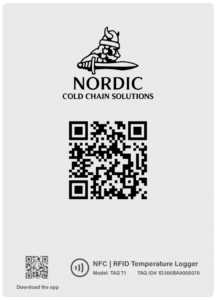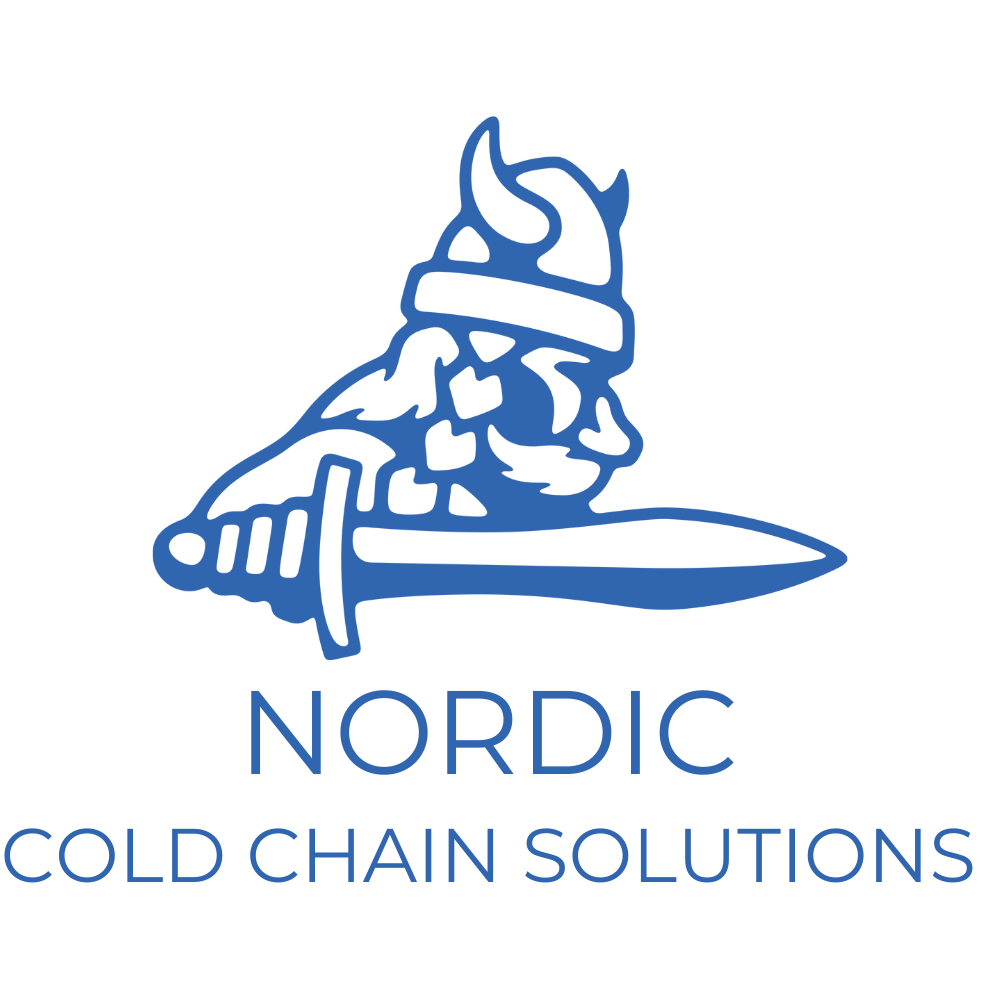Temperature Inconsistencies and Control Issues
 Maintaining precise temperatures is vital in cold storage, as even minor fluctuations can result in product spoilage. Temperature inconsistencies are often caused by inadequate equipment, poor facility design, or improper handling procedures. When temperature control systems fail, the consequences can be severe, leading to ruined products, financial loss, and damaged brand reputation.
Maintaining precise temperatures is vital in cold storage, as even minor fluctuations can result in product spoilage. Temperature inconsistencies are often caused by inadequate equipment, poor facility design, or improper handling procedures. When temperature control systems fail, the consequences can be severe, leading to ruined products, financial loss, and damaged brand reputation.
To mitigate these risks, businesses should partner with providers who utilize advanced monitoring systems that ensure continuous temperature control. Technologies such as real-time temperature tracking and automated alerts can detect issues before they escalate. Additionally, providers should regularly maintain refrigeration units and storage areas to ensure consistent performance.
Space and Capacity Limitations
As demand for cold storage space grows, many providers face capacity constraints. Limited storage space can lead to overcrowding, inefficient inventory management, and product access delays. These issues can disrupt the supply chain, leading to shortages and compromised product availability.To address these challenges, businesses should work with providers that offer flexible storage solutions, such as scalable storage units that can adapt to changing needs. Some providers offer modular cold storage options for quick expansion, helping companies manage seasonal or unexpected demand surges. Ensuring your provider can grow with your business can help prevent disruptions.
Compliance and Regulatory Challenges
The regulatory landscape for cold storage is complex, with stringent health and safety standards to ensure the integrity of temperature-sensitive products. Compliance failures can result in costly fines, legal complications, and harm to your business’s reputation. Common issues include improper labeling, inadequate temperature control documentation, and non-compliance with local and international standards.
When evaluating cold storage providers, choosing one with a proven track record of regulatory compliance is crucial. Look for providers that regularly audit their processes and have certifications from recognized bodies, such as the FDA. Partnering with a compliant provider reduces the risk of regulatory infractions and ensures your products are stored under the highest standards.
High Energy Costs and Sustainability Issues
 Cold storage facilities are energy-intensive, and rising energy costs are a significant concern for many providers. Maintaining low temperatures around the clock leads to high utility bills, impacting operating costs and, ultimately, the prices charged to clients. Additionally, the environmental impact of high energy consumption poses sustainability challenges for the industry.
Cold storage facilities are energy-intensive, and rising energy costs are a significant concern for many providers. Maintaining low temperatures around the clock leads to high utility bills, impacting operating costs and, ultimately, the prices charged to clients. Additionally, the environmental impact of high energy consumption poses sustainability challenges for the industry.
Providers that invest in energy-efficient technologies, such as advanced insulation, LED lighting, and energy management systems, can reduce costs while minimizing their carbon footprint. Some facilities also explore renewable energy options, such as solar panels, to offset energy consumption. When choosing a provider, inquire about their sustainability initiatives and how they manage energy costs. Sustainable practices not only reduce environmental impact but also ensure long-term cost savings.







